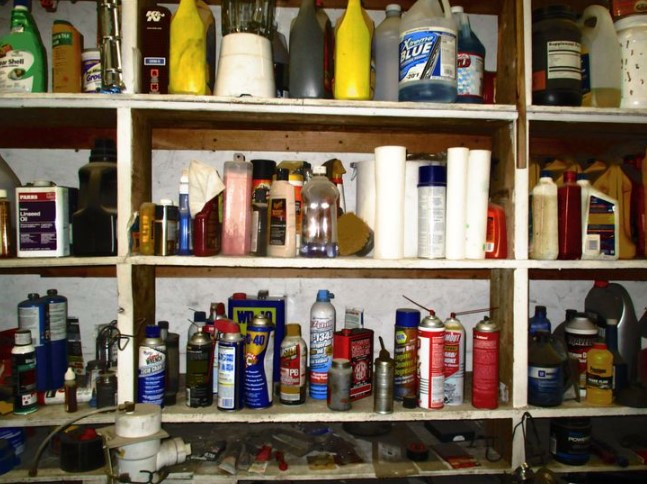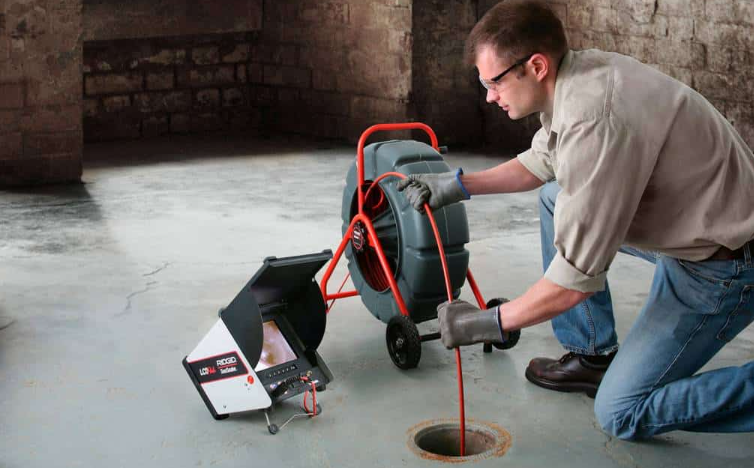
Tips for Sustainable Waste Disposal in Your Home or Business

Table of Contents:
- Introduction: Why Sustainable Waste Disposal Matters
- Effective Recycling Techniques
- Composting as a Gateway to Sustainability
- Innovative Ways to Reduce Waste
- Leveraging Technology for Better Waste Management
- Community Involvement and Education
- Conclusion: Embracing a Greener Future
Managing waste sustainably is crucial for both environmental preservation and economic efficiency. With increasing concerns about pollution and resource depletion, finding effective strategies for waste disposal that minimize environmental impact is essential. These strategies are just as important for households as businesses seeking to reduce their carbon footprint while cutting costs.
Introduction: Why Sustainable Waste Disposal Matters
Sustainable trash disposal is essential to preserve our natural resources and improve our quality of life. Reducing the amount of waste dumped in landfills can help address more general issues like pollution and climate change. Moreover, sustainable waste management practices are vital for achieving environmental compliance and promoting corporate responsibility among businesses.
Effective Recycling Techniques
Recycling is one of the most straightforward methods of reducing waste and conserving resources. By implementing effective recycling techniques, households and businesses can significantly diminish their environmental impact. Important actions include properly sorting waste, being aware of plastic recycling regulations, and make sure recyclables are clean before putting them in the trash can.
Composting as a Gateway to Sustainability
Composting is an excellent way to turn organic waste into something useful. It involves collecting organic scraps—such as fruit and vegetable peelings—and yard waste, which decompose over time into nutrient-rich soil. This naturally enhances garden soil and lessens the quantity of waste that is dumped in landfills. Starting a compost pile requires little more than an outdoor space and some knowledge about the composting process. The process contributes significantly to sustainable living by recycling nutrients into the environment.
Innovative Ways to Reduce Waste
Beyond recycling and composting, there are numerous creative methods to reduce waste. One efficient method is upcycling, which turns waste materials into new, more
valuable items. For instance, glass jars can be repurposed as storage containers, while old t-shirts can be reusable bags. Moreover, seeking professional junk removal services is beneficial when dealing with larger items or clearance projects. Businesses and individuals alike can innovate to incorporate such practices into their daily operations, promoting a culture of sustainability and creativity.
Leveraging Technology for Better Waste Management
The way we handle rubbish has drastically changed due to technological advancements. Smart bins with sensors can automatically sort waste into recyclable and non-recyclable materials, ensuring efficient and precise waste management. Moreover, mobile applications are now available to help users track waste production and recycling habits. Technology makes implementing and adhering to sustainable practices easier while receiving insights and suggestions for improvement.
Community Involvement and Education
Community involvement is paramount to successful waste management practices. A group effort can promote meaningful change by teaching community members the value of sustainability and trash management. Organizing workshops, clean-up activities, and educational campaigns can significantly impact local areas by increasing awareness and participation. Through community engagement, the principles of sustainable waste disposal spread more rapidly and effectively.
Conclusion: Embracing a Greener Future
Adopting sustainable waste disposal practices is not just an environmental necessity; it’s a pathway to a healthier, more sustainable future. By implementing these practices at home and in businesses, we create a ripple effect that benefits the whole community. Committing to reducing and managing waste effectively ensures a greener and more sustainable world for future generations.



